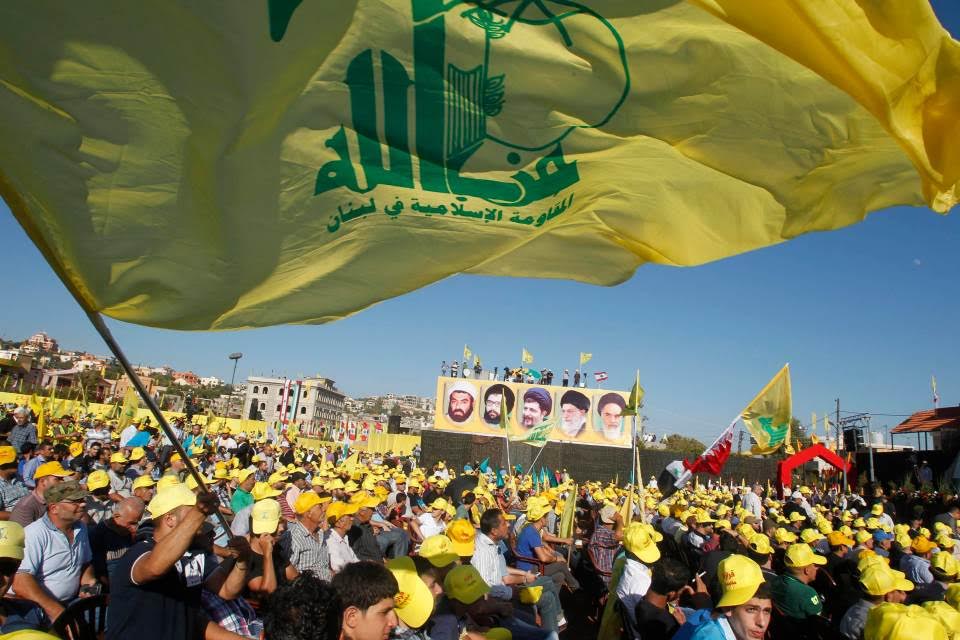Beirut-The so-called Hezbollah party has been lately busy with the two-and-a-half year Lebanese presidential crisis and its repercussions that created disputes between allied parties.
Despite being active in the fighting along the Syrian regime in Syria since 2012, Hezbollah was capable of managing the existing disputes among its allies in Lebanon in a way that benefited the party’s strategic interests.
Despite the comments made by one of the party’s parliament members, MP Nawaf Moussawi, who called on head of the Change and Reform bloc, MP Michel Aoun, and Speaker Nabih Berri to “resume direct talks that could produce a certain mutual understanding,” the latest developments in Beirut show that the party has an interest in keeping the status quo. Therefore, the party is satisfied with watching Berri obstructing the arrival of Aoun to the presidential seat.
According to political researcher Ali al-Amine, a Shi’ite who is opposed to Hezbollah, Berri would have never taken such evolving positions in the issue of Aoun’s candidacy, had he not been convinced that the election of a new president is not one of Hezbollah’s priorities.
“The party is looking neither for an ally nor for an enemy in Lebanon, but rather for a regional partner to help carry the burdens of the foreign relations, the financial affairs and the relationship of Lebanon with its regional surroundings,” al-Amine said.
In Lebanon, Hezbollah has more than an ally that provides the party with specific interests. According to informed sources, the most prominent ally remains Berri. The sources said the relation between the party and the Speaker is strategic to protect the unity of the Shi’ite community in Lebanon.
In addition, Berri provides the “good-looking image for the diplomatic engagement, particularly with the West.”
The sources said Aoun ranks second on the list of the party’s allies.
Aoun offers Hezbollah the Christian cover that the party needs to embellish its image in front of the international community.
However, the relationship among the party’s allies had recently deteriorated, particularly between Aoun and Berri, and between Aoun and head of the Marada Movement MP Suleiman Franjieh.
Hezbollah has done nothing to fix the disputes, but rather observed their relationship further worsening.
Al-Amine said the party is tactically attached to the candidacy of Aoun instead of Franjieh, because it is convinced that the Change and Reform bloc has a greater Christian representation than Franjieh.
“The so-called Hezbollah is able to please all its allies with different tools because it completely controls the country, and therefore, the party won’t be forced to choose between an ally or another,” al-Amine said.
